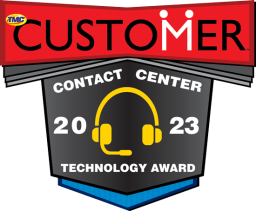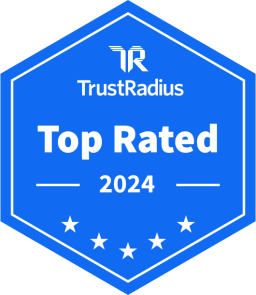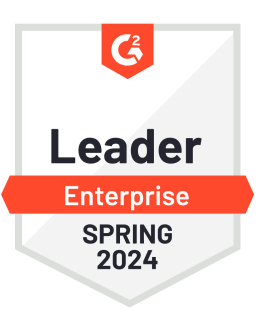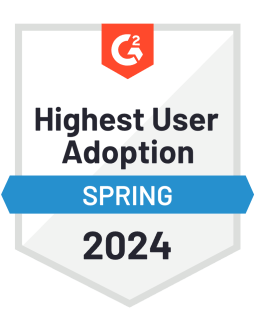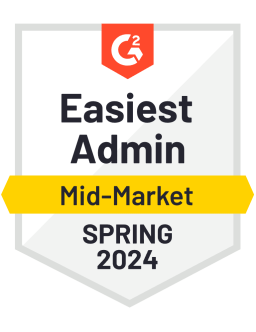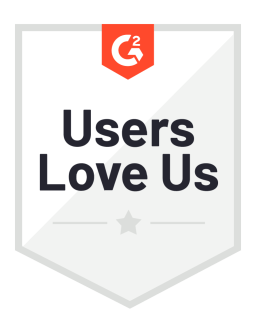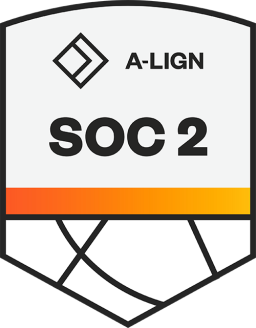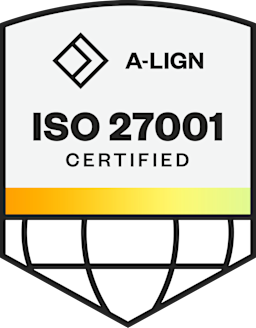Facebook introduced hashtags over a decade ago, but are they still relevant today? Can you get more visibility or reach the right customers using hashtags on Facebook?
Here’s everything you need to know about hashtags on Facebook in 2025.
The history of hashtag use on Facebook
Facebook hashtags were all the rage when they were introduced back in 2013. Over time, Facebook hashtag usage dwindled. But now, Facebook is reviving this useful tool.
In 2020, Facebook started recommending hashtags to add to posts via a drop-down menu – similar to how hashtag recommendations work on other channels. In parallel, the platform also began notifying users that using hashtags on Facebook can boost organic reach and, therefore, improve Facebook SEO.
Facebook announced that it reemphasized hashtags as a way of bringing conversations about public events, people, and topics to the forefront. The company took into account the amount of buzz people tend to generate around popular television shows, sports games, and breaking news.
To date, there has not been a more convenient or organized way to monitor events or discussions on Facebook on a grand scale.
Why use hashtags on Facebook?
The three major reasons to use hashtags on Facebook are:
To increase the findability of your post within Facebook
To keep your omnichannel campaigns consistent across all social media channels
To create a community of users on Facebook
Using a mix of relevant, popular, and brand- or industry-specific hashtags helps users more easily find your content. They boost social media SEO by increasing your post’s visibility beyond your known audience. This can lead to higher engagement rates as more people interested in topics connected to your product can find it. Aligning with trending hashtags can also increase your post’s chances of going viral.
In addition to getting more eyes on your content, hashtags on Facebook can help create and foster online communities by providing a sense of belonging among users with shared interests. Using them encourages interaction and generates conversations, which will help align potential customers with your brand messaging and values.
How do Facebook hashtags work?
Hashtags work on personal profile posts, fan page posts, group posts, event posts, and comments.
On any Facebook post or comment, you can click on the hashtag to get redirected to its feed. Note that every hashtag on Facebook has its own unique URL.
Although it’s advised that you place hashtags at the end of a post, one can be incorporated into the post itself, especially if relevant to a campaign or challenge. For example, “I’d #ShareACoke with Allie. #CokeChallenge” takes advantage of a viral hashtag campaign as part of the post copy.
How do I create a hashtag on Facebook?
In order to create a hashtag on Facebook, type the number symbol (#) – or hash – then start typing the first word that’s relevant to your post. Facebook will recognize the hashtag and recommend related and trending Facebook hashtags to use. Add any of these relevant hashtags to the post.
How many hashtags should I use?
Use 1-3 hashtags on your Facebook post, but test it over time to see what works best for your specific page. Don’t overdo it – you don’t want your post to look like a wall of hashtags. Unlike X and Instagram, Facebook posts with only one or two hashtags see the highest average engagement rates.
How do I search for hashtags on Facebook?
The simplest way to search for a specific hashtag is in your Facebook search bar. You can also enter facebook.com/hashtag/<word> into your browser, substituting “<word>” for your chosen hashtag. All hashtags become clickable links once posted, so you can click on the relevant hashtag within Facebook to see all posts and comments using it.
10 #hashtag tips to follow
Marketers are already taking advantage of hashtags on Facebook to reach the right audiences. You can use the Facebook hashtag search itself to find some great tips and ideas under #HashtagTips including:
Start a challenge or giveaway that includes posting a hashtag on Facebook. This boosts engagement and adds interest.
Use each hashtag’s unique URL to drive traffic to Facebook from other sites and spark more conversation. Alternatively, you can use the URL to source user-generated content (UGC) or even feed it to your website.
Use unique hashtags to start a conversation with a group. When it comes to omnichannel marketing, a unique hashtag used across all channels can increase brand trust and extend a positive reputation.
Think about your industry and target market, and the types of hashtags you use on other social networks. This research could lead to valuable hashtags outside of just those that Facebook suggests to you.
Generate and save hashtag groups for future use. Cluster them by product, campaign, or topic so that you can quickly pull them up whenever needed.
Use tags in trending topics related to your industry. Be strategic about the hashtags you use. Ideally, you want a mix of popular, industry-related, and brand-specific hashtags.
Capitalize the #FirstLetterInEachWord of your hashtag to make it more readable and to avoid possible confusion.
Analyze which hashtags your competitors are using, to get an idea of ways you can leverage hashtags for your brand.
Audit your best posts using a social listening platform and add hashtags to them; this may give them additional visibility.
Search which hashtags influencers use and add them to your list. You can easily do this using influencer platform.
What about privacy?
You control who sees your posts, including those with hashtags. As with all personal profile features on Facebook, privacy settings prevail. Public posts – with or without hashtags – are public.
If you publish a post with a hashtag on your profile as friends-only, the hashtag will be clickable and open up to display all other posts on Facebook containing that hashtag. However, the post is still visible only to your friends.
In terms of searching for a hashtag, you will only be able to see posts that are public, ones that are friends-only if you’re a listed friend, and ones from private groups if you’re a member. Individual comments on threads do not surface in hashtag searches.
The next step to using hashtags effectively
As the famous quote by Peter Drucker goes, “If you can’t measure it, you can’t improve it.” If you want to make the best use of Facebook hashtags you have to understand the impact they have on your posts.
Using our platform helps you easily see the engagement trends of all your posts, making it simple to compare posts with different hashtags. In addition, you can track hashtag use on Facebook by using our listening platform, which also empowers you to see the sentiment trends behind the conversations they generate.
If you’re serious about your hashtags getting traction, get a personalized demo of our full social media marketing solution.
















